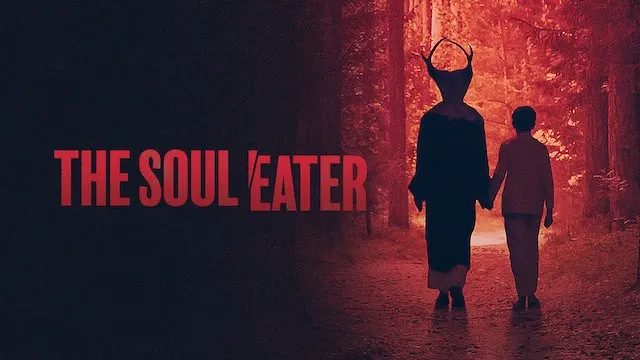Train to Busan 3: Redemption (2024) continues the gripping saga of humanity's struggle for survival in a world devastated by a relentless zombie apocalypse. Set five years after the events of Peninsula, the third installment reintroduces audiences to a South Korea still fractured and under quarantine. Amid the ruins of a once-thriving nation, hope seems all but lost—until whispers of a safe zone deep within Busan spark a desperate journey for a new group of survivors. The film follows Ji-won, a former schoolteacher who has been hardened by years of trauma, as she leads a ragtag team of civilians and ex-military personnel through the chaos. Unlike the previous films, Redemption places a greater emphasis on internal conflict and moral dilemmas, questioning whether humanity can truly redeem itself after so much destruction and betrayal.

Director Yeon Sang-ho returns to helm this final chapter, delivering a masterful blend of high-octane action, emotional depth, and social commentary. The visual effects are more refined than ever, showcasing large-scale battles between the undead and the last vestiges of organized resistance. However, it's the quieter, more intimate moments—parents protecting their children, strangers sacrificing for one another—that give the film its emotional weight. Ji-won’s relationship with a young orphan boy named Min-su becomes the heart of the story, mirroring the father-daughter dynamic that made the original Train to Busan so memorable.

Redemption also expands on the world-building introduced in Peninsula, revealing more about how different factions have adapted to—or exploited—the apocalypse. Some have formed militarized zones where survival is purchased at the cost of morality, while others cling to ideals of rebuilding society through unity and compassion. The film does not shy away from the darkness of human nature, but ultimately it offers a glimmer of hope. In one of the most powerful scenes, Ji-won is forced to choose between her own safety and the survival of a larger community. Her decision becomes a turning point, not just for her character, but for the narrative's overarching theme: that redemption is not found in escaping the past, but in confronting it with courage and humanity.
In conclusion, Train to Busan 3: Redemption serves as a fitting and emotionally satisfying end to the trilogy. It revisits the raw intensity that made the original a global hit while deepening the philosophical questions raised in its sequel. With strong performances, especially from the lead actress portraying Ji-won, and a script that balances horror with heart, the film cements the Train to Busan series as one of the most impactful zombie franchises in modern cinema. Whether you're a fan of action, drama, or post-apocalyptic storytelling, Redemption delivers a compelling and thought-provoking experience that lingers long after the credits roll.



